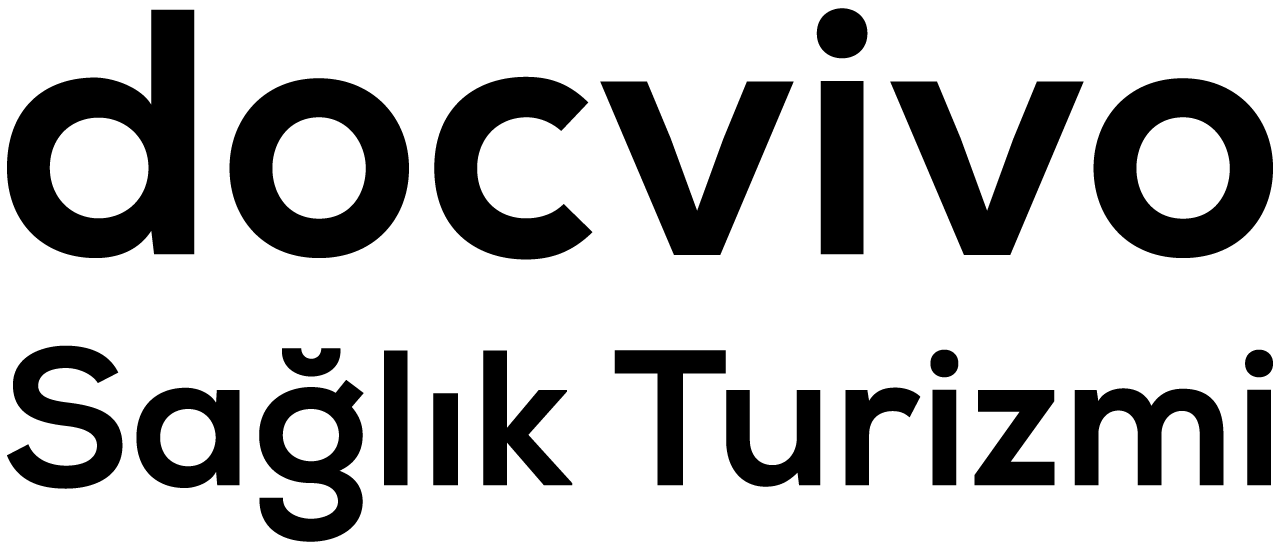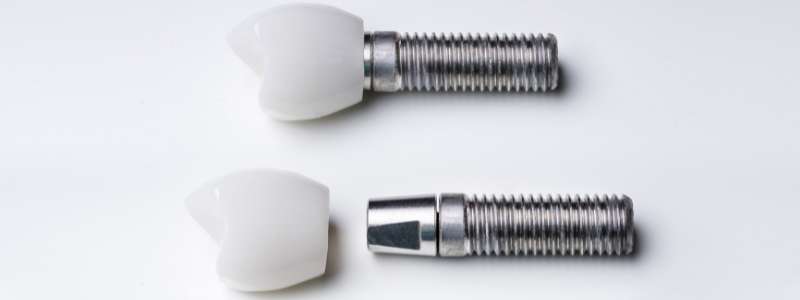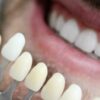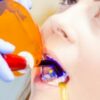Fixed or movable implant prosthesis applications are considered to be the definitive indication for the treatment of complete toothlessness cases. In addition to providing psychological support and increasing self-confidence, stationary applications should be considered as a priority because they bring ease of use from the patient’s point of view. Usually, movable prostheses are made when two or four implants are used.
Although there are few in the literature, there are also overdenture applications that receive support from a single implant or three implants placed on the middle line in the lower jaw. After implants are made in a completely toothless mouth, the fusion of the implant and bone is expected, depending on the condition of the bone, it is usually expected for 2 months, after which the construction of the prosthesis is started. Prosthetics ends with all the checks at the end of about 2 weeks. So the Recovery after Full Mouth Dental Implants is about 15 days.
How long does the pain last after Full Mouth Dental Implants?
There is no pain due to the application of anesthesia. Due to the fact that the jawbone and gums are opened after the application of a dental implant, mild pain may be felt due to this surgical procedure. Post-implant pain is a fairly normal and not felt pain. These pains are temporary with the use of medications that dentists will give. The biggest task associated with the passage of pain after a dental implant falls on patients. In addition, the degree of pain felt can also vary depending on the patient’s pain threshold. Since the pain varies from person to person, it is impossible to say for sure about the severity of the pain.
How is the recovery process after Full Mouth Dental Implants?
After the implants are placed in the patient’s jawbone for dental implant treatment, the implant recovery process is started. The recovery process after Full Mouth Dental Implants is shortened considerably when the nails used in the treatment are placed on the bone. However, the implant healing process that takes place in bone tissue varies depending on many factors. After the implant treatment is applied to the patient, the dentist makes the necessary warnings to the patient and writes down the medications that the patient should use during this implant healing process. Patients who were knocked out by local anesthesia during the installation of implant teeth can return to their normal lives and start eating after the effect of anesthesia has passed.
As for the types of stitches that are absorbed by the stitches in the area, they are expected to remain in the mouth for up to 2 weeks. If the stitches need to be removed, you should have your stitches removed within 5-7 days. Swelling that is obvious at the site of the procedure and may also occur under the eyes, or hematomas in the mouth may persist for 2-3 days. It may take 10 days for the edema to completely pass. In order for the swelling not to increase and to prevent bruising caused by bleeding, you need to make ice compresses. You should keep an ice compress on the area at each 2-3 minutes and rest the area for 6-8 minutes. Because the constant contact of ice with tissue can also cause burns. By following the recommendations of your doctor and medication, you can make your healing process painless and shorten it by minimizing edema and bleeding after the implant
How long does it take to recover after Full Mouth Dental Implants?
This process starts from 4 to 5 weeks or 8 to 12 weeks, depending on the patient. The implant healing process also depends on the patient’s oral and dental health care, proper nutrition, and proper tooth cleaning, avoiding blows to the tooth, and avoiding all situations that are not suitable for dental health.
Factors such as the correct planning of implant tooth construction, the quality of the implant, the method used, and the healing process of the bone are effective in shortening the implant healing process. After the implant is installed, the teeth will heal in about 1-2 months, but it may take 2-3 months to install dental prostheses, we recommend that you do not disrupt your dentist appointments during the implant healing process and listen to your dentist’s warnings.
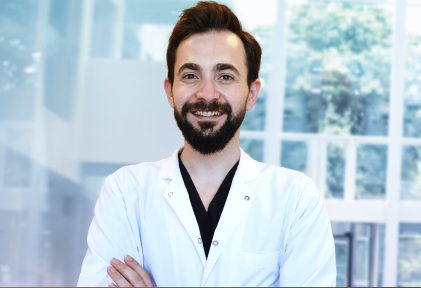

Dentist Yasin Yılmaz was born in 1994 in Kayseri. In 2017, he graduated from Hacettepe University Faculty of Dentistry with a successful degree. In 2017, he began working as a dentist and medical director at a private clinic. In September 2018, he joined Ersoy Hospital Dental Department team where he still works
